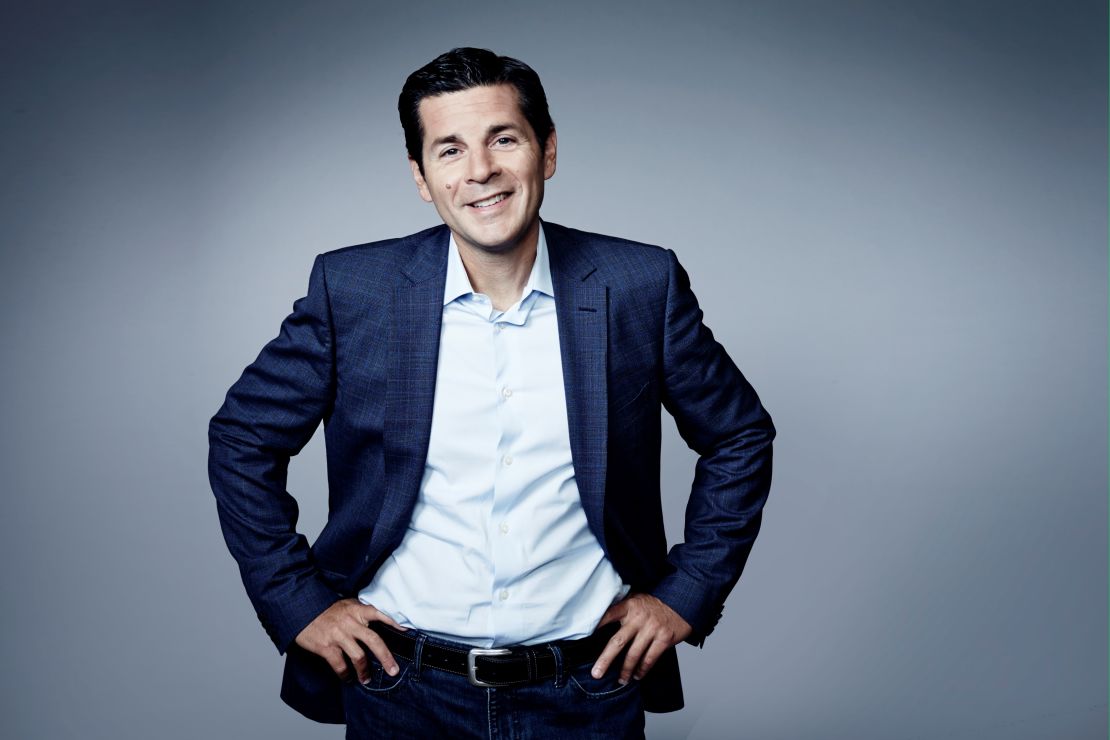Editor’s Note: Dean Obeidallah, a former attorney, is a columnist for The Daily Beast and editor of the politics blog “The Dean’s Report.” He’s also the co-director of the documentary “The Muslims Are Coming!” Follow him on Twitter: @TheDeansreport. The opinions expressed in this commentary are solely those of the author.
Story highlights
When he was a prosecutor, Dean Obeidallah trusted police; like many now, he does not
Polls show sharp drop in trust in police; in one, majority disagrees with Eric Garner grand jury
He says comments of police union head antagonize, damage relations with citizens
Obeidallah: If trust in police is damaged, so is cornerstone of community policing
Some years ago I was the municipal prosecutor in a midsize New Jersey town. I had weekly “night court” duties, where we handled traffic violations, DUIs and other nonfelonies. I can say without reservation that during the years I worked as a prosecutor, I held the police in the highest regard and greatly trusted them. I felt this way for years after I stopped prosecuting.
But those feelings are gone. Don’t get me wrong, I don’t view the police as the enemy. I simply don’t trust them like I once did. I no longer give them the benefit of the doubt, meaning I can now just as easily believe the suspect’s version of the facts as the police officers. And I can easily believe allegations of police misconduct.

And here’s what New York City police union leader Patrick Lynch and others like him in the New York Police Department don’t get: I’m not the exception. In fact, my views about police put me in the company of a growing number of Americans.
A Gallup poll released a few weeks ago found that 48% of Americans view the police as possessing high or very high levels of honesty and ethics. That number is not only down 6 percentage points from 2013, it’s the lowest in almost 20 years. In contrast, 68% of Americans viewed the police as possessing high levels of honesty and ethics in 2001. That’s an astounding 20-point drop in 13 years.
To me, these falling poll numbers are tied, at least in part, to a case like Eric Garner, the unarmed man placed in a chokehold by a New York officer and who died a short time later. A recent poll found that 57% of Americans believed that the grand jury had made a mistake in failing to indict the officer who had choked Garner, with only 22% agreeing with the grand jury’s decision.
It’s with that 22% of people where Lynch, president of the New York City Patrolmen’s Benevolent Association, and his compatriots stand. Indeed, after the grand decision was announced a few weeks ago, Lynch made matters worse with two tone-deaf comments. First, he seemingly blamed Garner for his own death with the remark, “Garner made a choice that day to resist arrest.” He then shockingly added that Garner’s death is a “tragedy for this police officer who has to live with that death.”
A tragedy for the police officer?! The police officer is alive. Garner is dead. Yet to Lynch, we should have sympathy for the police officer who most of us believe should be facing criminal charges for homicide.
And Lynch has not let up in his apparent efforts to drive a wedge between the public and the New York Police Department. On Saturday night, shortly after we learned of the horrific slayings of two New York police officers at the hands of a man who reportedly said he wanted to avenge the deaths of Garner and Michael Brown, Lynch released one of the most irresponsible statements I’ve ever heard from a person in his position.
Lynch said there’s “blood on many hands” in the cop killings. First, he blamed New York Mayor Bill de Blasio – who has in the past been slightly critical of certain of the department’s actions – saying that the “blood on the hands starts on the steps of City Hall in the office of the mayor.” (The NYPD’s Sergeants Benevolent Association echoed Lynch’s sentiment.)
Then Lynch blamed the recent protesters who had taken to the streets to denounce the grand jury decision in the Garner case. Just so it’s clear, a small number of protesters did – despicably – chant, “What do we want? Dead cops.” But it’s outlandish to blame the protesters for the actions of a man with a long criminal record who had shot his girlfriend only hours before killing the police officers.
Lynch’s comments sounded like a politician using a tragedy to score political points. In fact, former New York Gov. George Pataki, a Republican who is said to be considering a presidential run in 2016, made comments similar to Lynch’s via Twitter, where he blamed de Blasio for the tragedy.
Lynch is missing the big picture. Sure, for politicians such as Pataki, pandering to the base is the norm. But the leader of a union that represents more than 34,000 uniformed officers charged with protecting and serving the public needs to be better than offering up red meat to his supporters.
Lynch is viewed by many as the spokesman for rank-and-file New York Police Department officers. Consequently, his remarks could result in an even fewer Americans viewing the police in a favorable light. That does not bode well for us a nation.
If we collectively view the police as an untrustworthy adversary and not an ally, it undermines the very notion of community-based policing that is the cornerstone to effective policing.
The question is: Will Lynch and his supporters change their tune, or will they make matters worse?
Read CNNOpinion’s new Flipboard magazine.

















